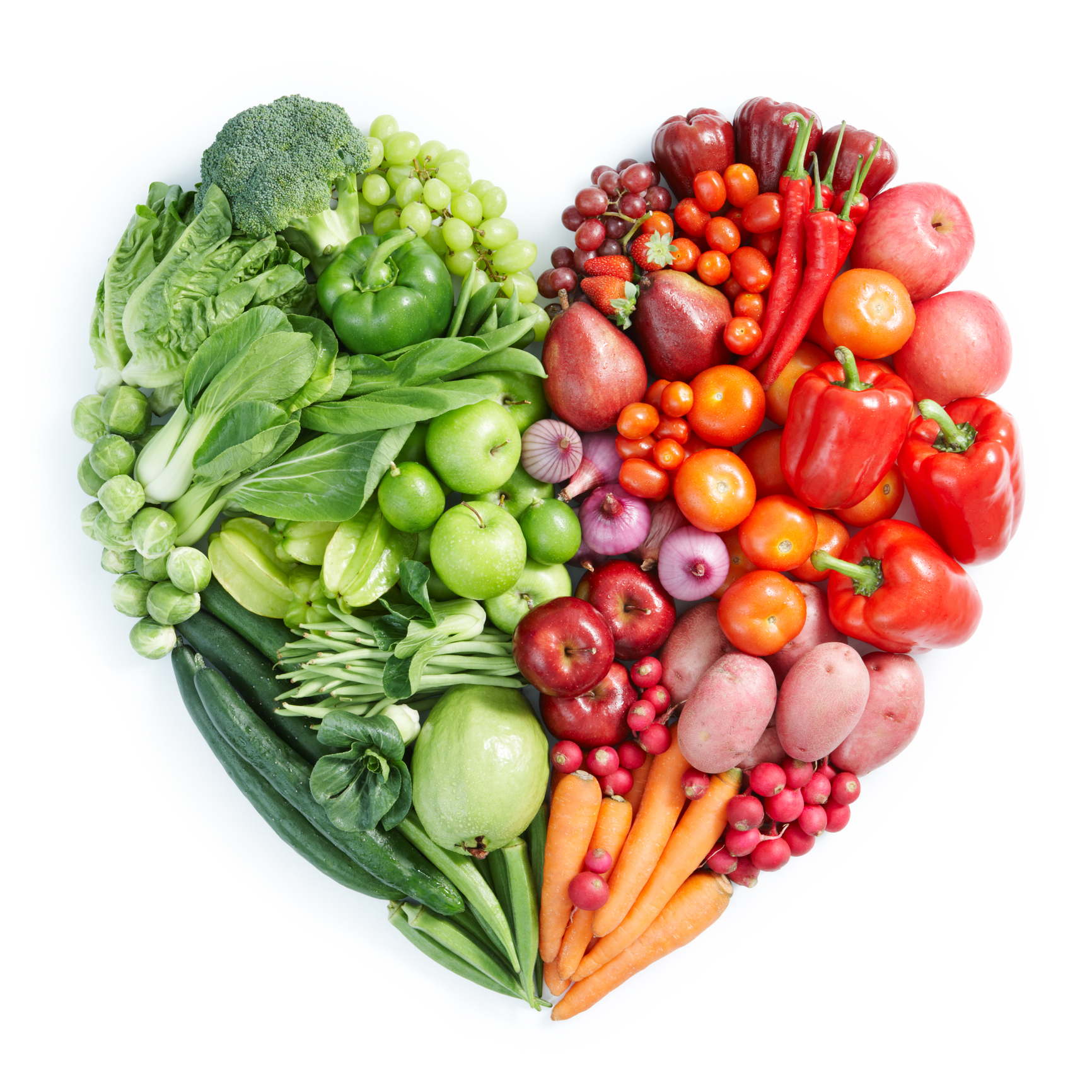
Healthy Food Relationship Part One
February 23, 2020

How’s your relationship with food? You hear a lot these days around emotional eating. Overweight people are beginning to realize that they are using food to cover up emotions and bury feelings that want to bubble up to the surface. Emotional eating has almost become the “buzz word” in the dieting world. There’s a good reason for this – most overweight people are in fact emotional eaters. They may want to place blame somewhere outside of themselves (“it’s my thyroid”, “my husband brings unhealthy food into the house”, “I travel all the time”, etc.). While there are those few cases where there may be a physical challenge to losing weight, if we’re honest, we would admit that we all sometimes use food for as an emotional “healer”, rather than what it was designed for - nourishment to our physical bodies. But does that make us all emotional eaters? People who are truly healthy emotionally can say no to food that is unhealthy for them; they can say no if they’ve put on a few pounds and know they want to lose those pounds, and they live with a sense of self-control around food most of the time. Emotional eaters, by definition, have lost that sense of self control and that sense of “I’m free to say no” that comes with a truly healthy mindset around food.
Let’s take a closer look at what it means to have a healthy relationship with food.
You understand food’s primary role. A person with a healthy mindset around food recognizes that while eating can and should be a pleasurable experience, the main reason for eating is to provide nourishment to the body. To have this kind of a mindset, you also need a healthy mindset about your body. And herein lies the issue with the emotional eater. She doesn’t like her body so often she has no desire to nourish her body. It becomes a vicious cycle. A person who is emotionally healthy is going to use food primarily as nourishment, nothing more. She may be excited about going to a fun restaurant with her friends, but she’s more excited about spending time fellowshipping than eating. She’ll sit at that same restaurant with appetizers and other food around her, but her focus is not on the food; it’s on her friends and on building relationships. She only eats while she’s hungry, and she recognizes her body’s signals that it’s full.
You don’t expect food to be your best friend. When a person with a healthy mindset around food encounters some sort of difficulty in her life, she picks up the phone and calls a friend, seeks God, or looks to a mentor. In other words, she seeks real solutions to the difficulty. Solutions that will benefit her in a positive way. Encouragement from a friend, counsel from the Bible and inner leading of the Holy Spirit. She doesn’t turn to the box of cookies or candy bars expecting they will help her. An emotionally healthy person isn’t going to seek out “temporary relief” through food because she knows that the temporary relief in the long run will harm her and she has a healthy enough self-image to not want to be trapped by artificial “pain killers” in any form. And if she is a follower of Jesus Christ, she also remembers that she is on this earth to glorify God and doing anything that will cause her setbacks is something she chooses not to do.
You have a clear vision for your health. A person with a healthy relationship with food has a clear vision for her health and keeps that vision fresh in her mind. This doesn’t mean she never has days when she feels inadequate and wants to soothe that emotion with chocolate. But it does mean she recognizes those emotions don’t define her true identity nor does eating the chocolate support her vision for her health.
If you don’t currently have a clear vision for your health now is a great time to create one. How do you want your health to look one year from today? Five years? Ten? Having a clear vision requires some work to really discover what you want your life to look like and how you want to live. For example, you may want to lose weight. You may want to have more energy. But that’s not quite enough to be considered a vision. A vision will include more measurable goals like:
I want to live my life weighing 140 lbs.
I want to have the energy to run 5 miles 3x a week
I want a career that maximizes my health such as a personal trainer or a health coach
I want to have healthy responses to stress by taking a few minutes to breathe and process where the stress is coming from
An emotionally healthy woman will keep her vision ever before her and say no to food choices that take her away from that vision most of the time.
Next week we’ll continue this discussion with some more characteristics of someone with a healthy relationship with food.
Yours in radiant health,

Let's Connect...
WELCOME!

I’m Ginny Edwards and my passion is to encourage Christian women to live a life of glorious, radiant health through embracing food the way God made it with all its juiciness and flavor. I’m a life and health coach trained by the Christian Coaching Institute and some of the best health coaches in the world. You can read more about me here.